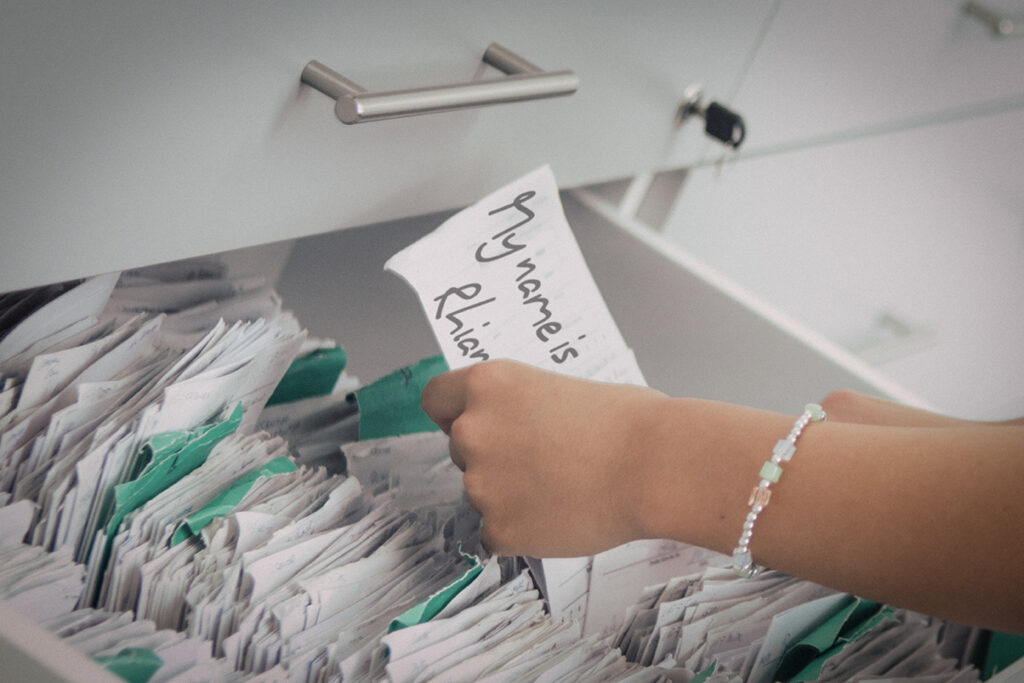
Stories from: The diagnosis of personality disorder
The diagnosis of personality disorder doesn’t tell us the full story – or the reasons behind people’s distress.
In these real stories of personality disorder diagnosis from within the medical system, people share their first-hand experiences, their lives after diagnosis, and the stories that the label can’t tell us.
As part of our Truth Project, we want to hear the real stories that a diagnosis of personality disorder can mask.
These stories are presented in people’s own words, and go some way to showing us the real reasons behind people’s distress.
A diagnosis like this can suggest that there is something “wrong” with a person – but many people who have received this diagnosis have also experienced past trauma, or had other difficult experiences. The label that a diagnosis gives can stop these stories from being heard.
We’ve been calling on Welsh Government to have use of this diagnosis in Wales reviewed: you can find out more about that here.
-
Why are we sharing these stories?
Stories received through the Truth Project are first-hand accounts of people’s experiences within the mental health system, shared as unedited as possible. Openness reduces shame, and helps create shared understanding of what needs to change.

-
How to get a diagnosis of personality disorder amended/removed in your NHS medical records
You can ask to have this diagnosis removed or changed on your medical records. You also have the right to access your records and review the information contained within them.

-
Sabrina’s story
“I feel that I cannot win. I feel I have no agency. My trauma is belittled. Mental health professionals have labelled me as manipulative, demonstrative, childlike, badly behaved, more difficult than others, and less deserving of care.”
Content warning: sexual assault, references to suicide.

-
My story (anonymous)
“My physical health and my child’s physical health were put at risk because people couldn’t see past a label I’d been given.”
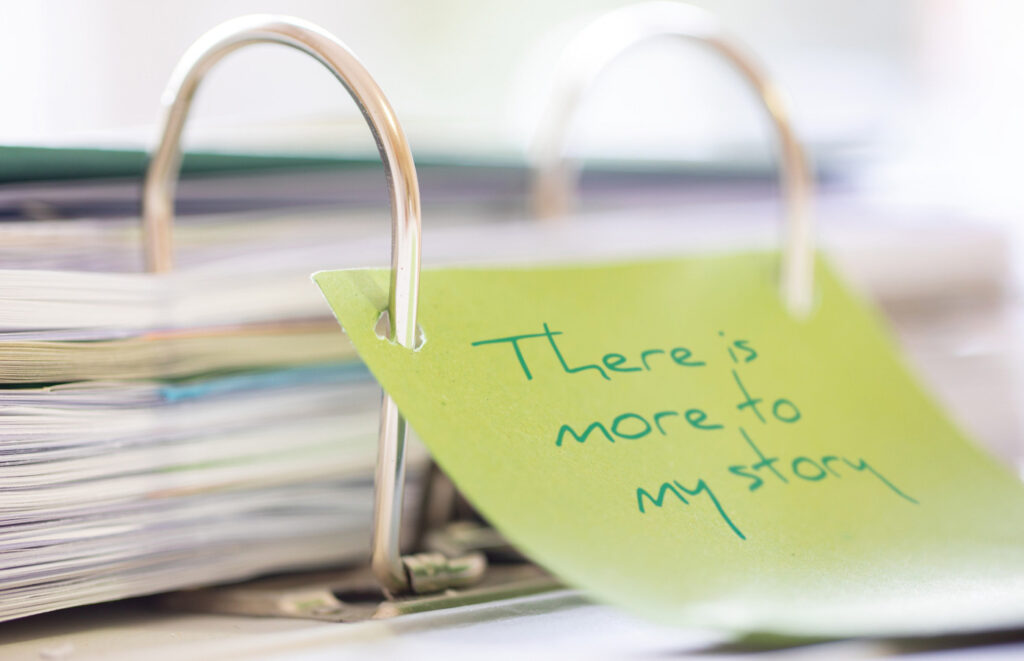
-
Sophina M’s story: “The Curse of EUPD”
“Would you trust those who disregard your feelings and minimise your pain? Would you trust those who told you to “speak up” but then shut you down when you tried?”
Content warning: coercive mental health treatment.
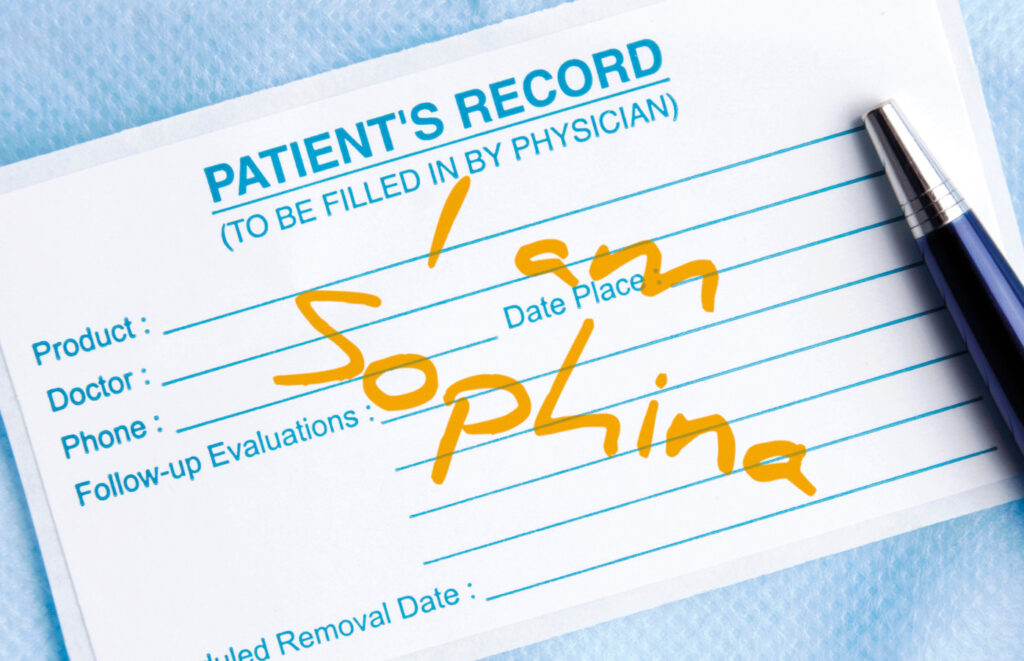
-
My story (anonymous)
“Having the diagnosis helped me access different treatments. But unfortunately, it also limited my options for treatments as 'they aren't usual for your diagnosis', and has led to constant dismissal and stigmatisation.”
Content warning: suicidal thoughts
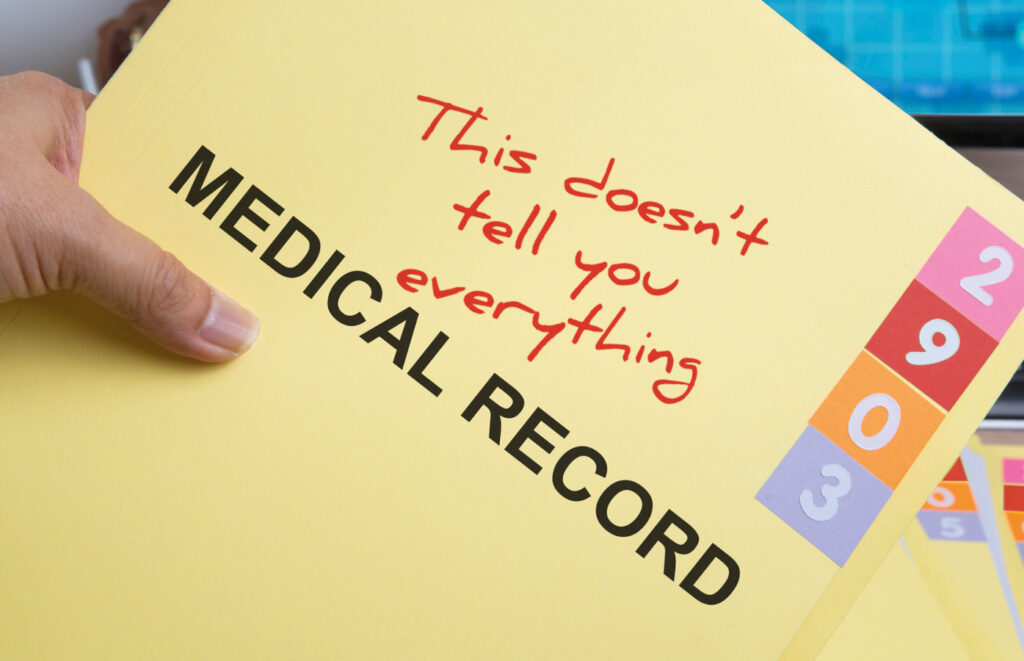
-
Keir’s story
“I was taught to see people as un-helpable.”

-
Al’s story
“I shouldn’t have to state all the ways I am a functional human being – but I do, because I have a PD diagnosis”
Content warning: sexual violence, bereavement.

-
Jen’s story
“The diagnosis of personality disorder is how the mental health world has long silenced women, particularly victims of abuse.”

-
My story (anonymous)
“It was like I had whole load of new reasons to hate myself.”
Content warning: suicidal thoughts
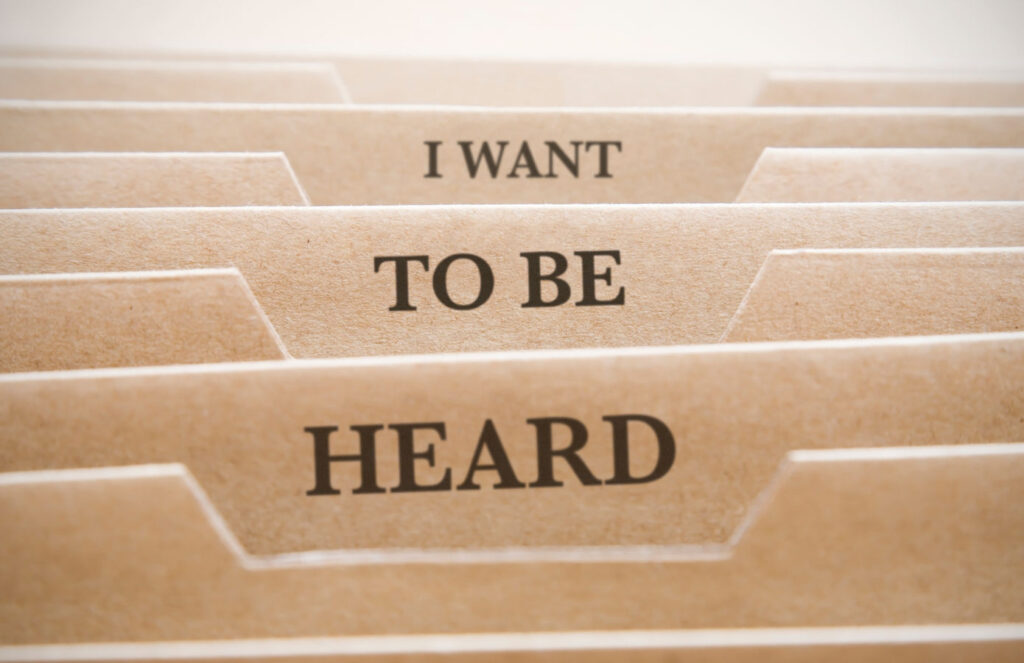
-
My story (anonymous)
“Having the incorrect BPD diagnosis stopped me from getting the right support and care for 10 years.”
Content warning: sexual abuse

-
Jamie’s story
“Medical professionals treated me as ‘less than’ others… I was tarred with the PD brush”
Content warning: domestic violence, sexual violence, abandonment

-
My story (anonymous)
“They seemed so lovely and polite until they read I had BPD. Then their attitude would change instantly.”
Content warning: suicidal thoughts and suicide attempts; trauma
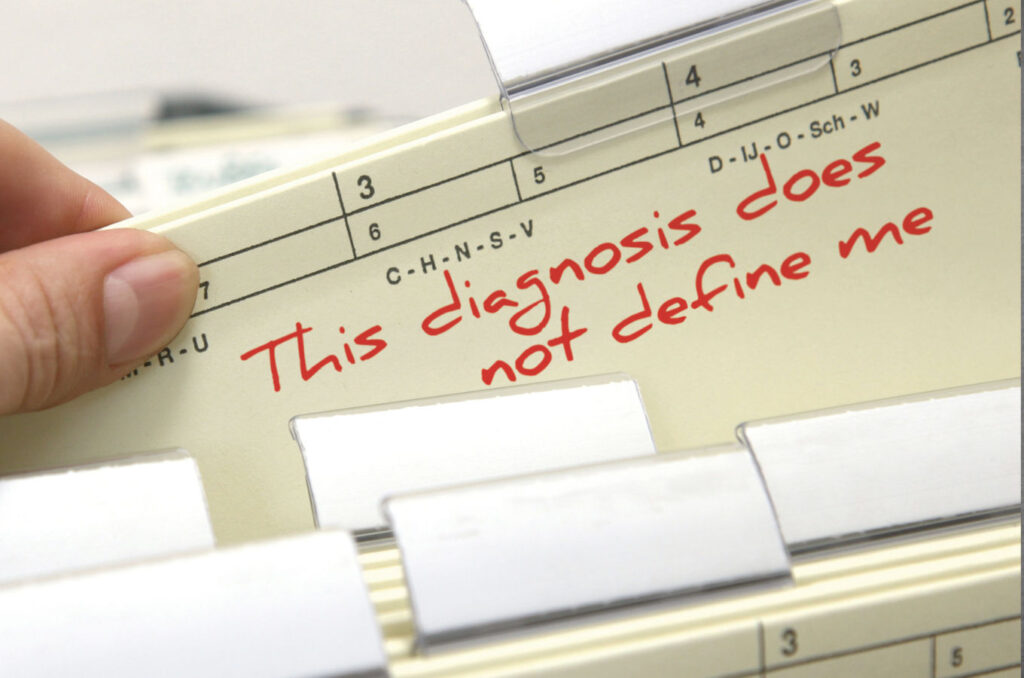
-
Lorna’s story
“We see the diagnosis and not the person”

-
My story (anonymous)
“I received a letter saying the psychiatrist agreed with my diagnosis. He’d never met me.”
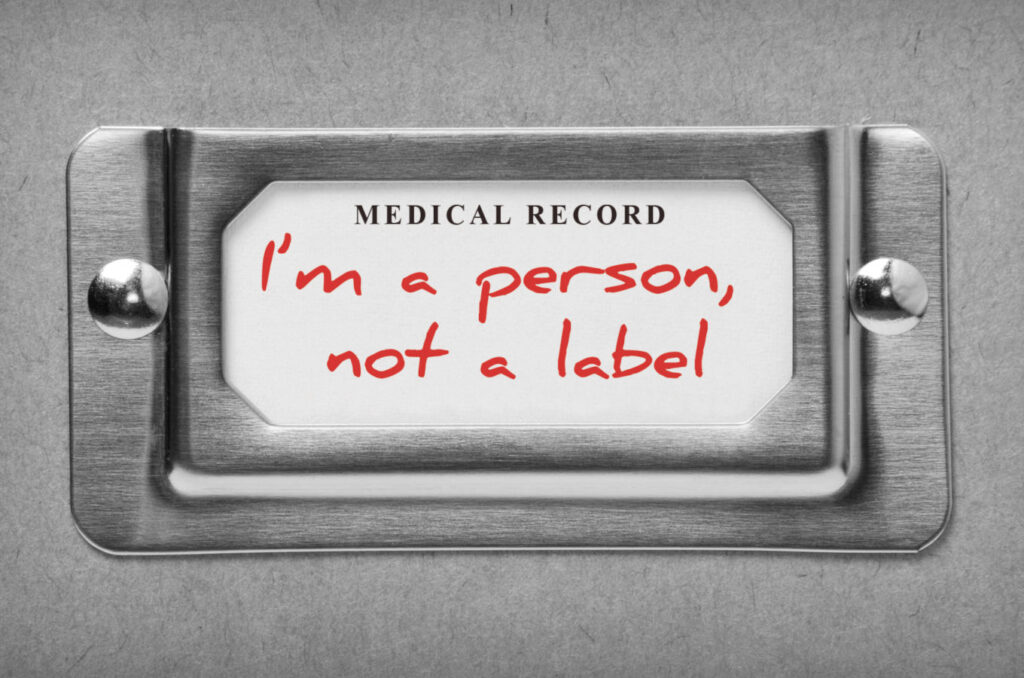
-
My story (anonymous)
“It felt like I was being disciplined for showing any sign of emotional distress.”
Content warning: sexual violence, bereavement
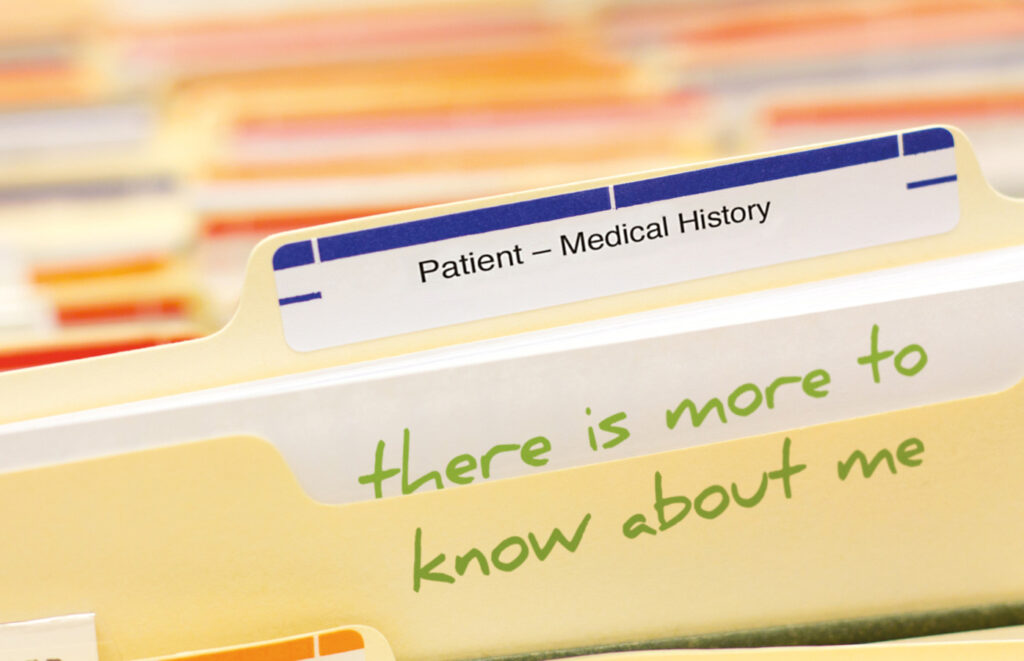
-
My story (anonymous)
“The problem is not within people’s ‘personalities’ – but within their lives.”

-
Debbie’s story
“I am pushed into a dead end because I am too complicated, costly and old.”

-
My story (anonymous)
“Every problem was attributed to EUPD and dismissed. Life was basically a nightmare.”

-
My story (anonymous)
"The way that people treat you if you have the EUPD/PD label is retraumatising."
Content warning: sexual violence

-
My story (anonymous)
“I was told I would never be able to live alone. I now live independently.”

-
My sister’s story
“People’s distress is dismissed by suggestions that their actions are a choice – rather than a response to underlying distress.”
Content warning: self-harm, suicide attempts

-
Cassie’s story
“The doctor, having only seen me once, and not having asked any questions related to my behaviour, signed a document "diagnosing" me with emotionally unstable personality disorder.”

-
My story (anonymous)
“Whilst ever doctors remain willing to view and diagnose as ill people who are responding normally to an abnormal situation, the medical profession will continue to fail us all.”
Content warnings: sexual violence, child abuse, domestic abuse, coercive behaviour

-
My sister’s story
“I feel that if she were approached with compassion and curiosity and was allowed to explain her reactions, she could begin to recover and validate her experience as a human being.”
Content warning: sexual violence, substance use

-
Maeve’s story
“I cannot begin to express how this diagnosis has harmed me. It has led to trauma that impacts me daily.”
Content warnings: self harm, references to suicide
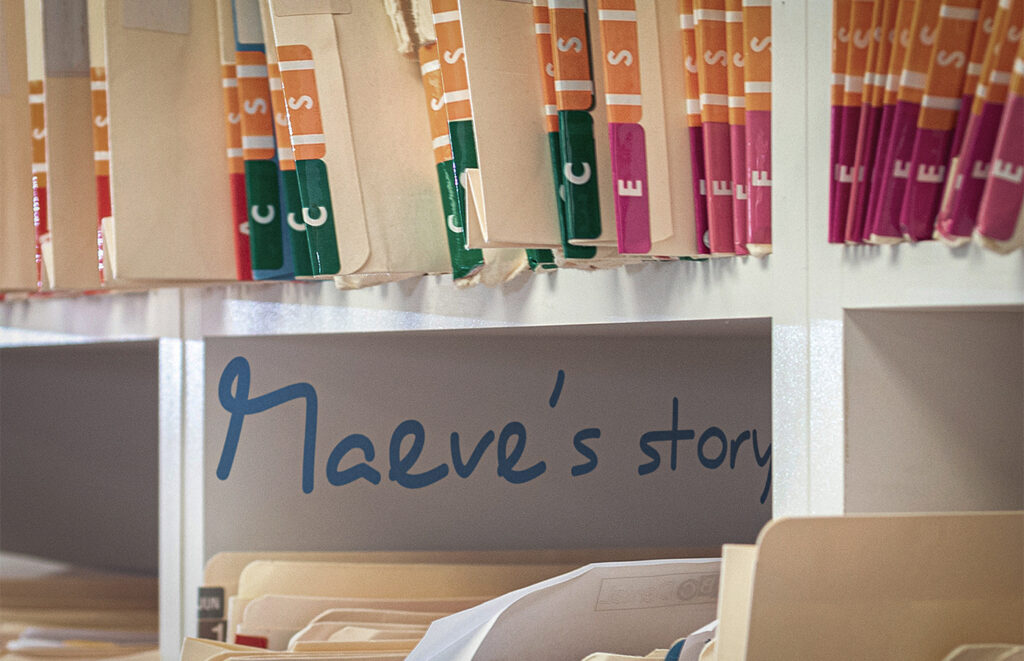
-
Charlotte’s story
“That’s what’s happened ever since [the diagnosis.] All my extreme moods and issues ignored. No investigations and no answers."
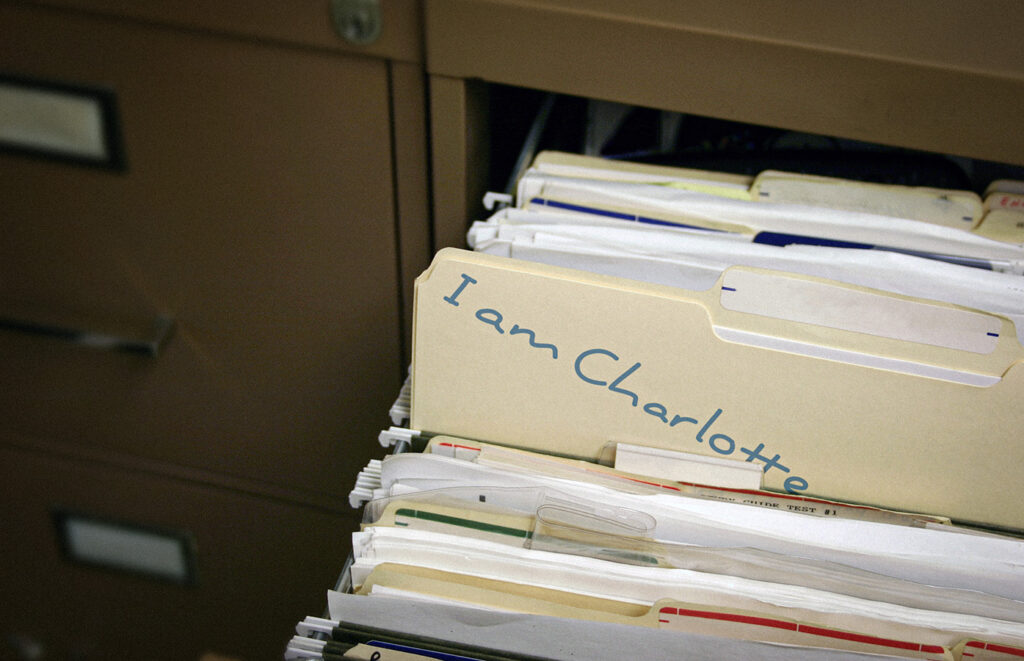
-
Jayne’s story
“I have approached my GP about this incorrect diagnosis and was treated with ridicule and subtle threats of a schizophrenia label.”
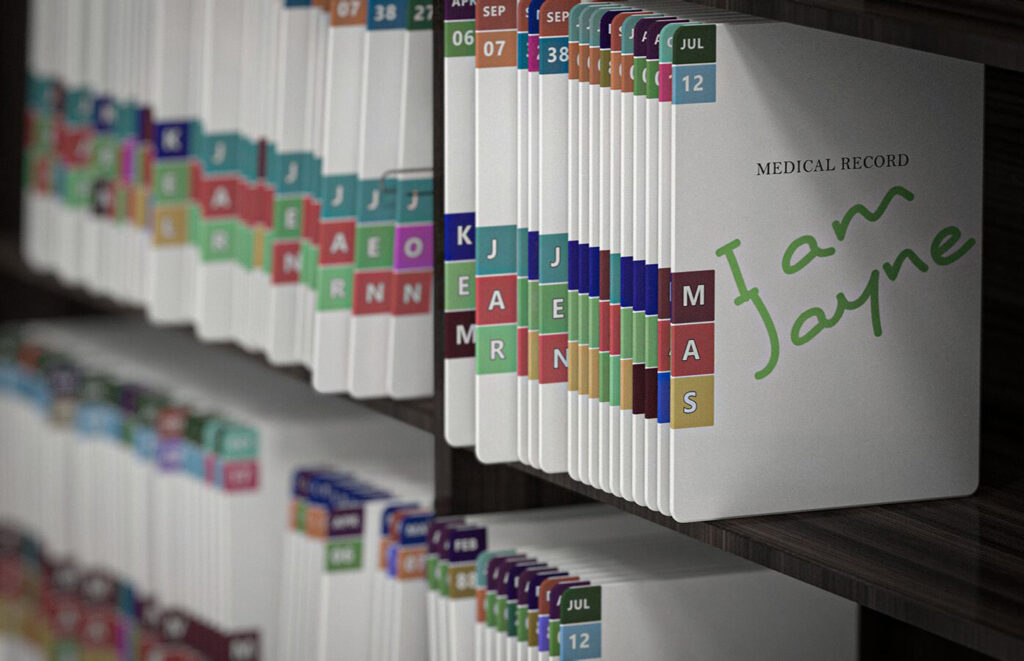
-
Rhian’s story
“A label does not define you. I’m not ashamed. I embrace who I am.”
Content warning: eating-related menta health difficulties, substance use, mentions of suicide.
